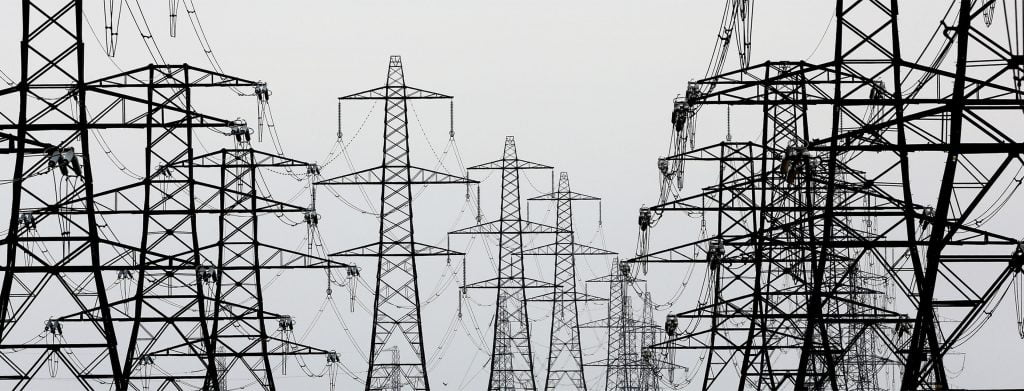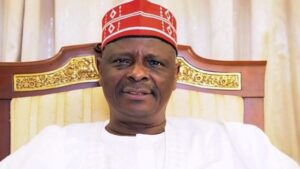
Electricity Generation Companies (GenCos) in Nigeria have issued a stern warning of a possible nationwide blackout due to unpaid debts now exceeding N4 trillion.
Speaking to journalists in Abuja on Monday, the Chairman of the Board of Trustees of the GenCos, Retired Colonel Sani Bello, said the debt burden was crippling operations and threatening the sustainability of power generation in the country.
According to Bello, power produced by GenCos is being fully consumed without corresponding payments. “The power generated by GenCos has continued to be consumed in full without corresponding payment. This situation has dire consequences for the GenCos and, by extension, the entire power value chain,” he said.
Out of the N4 trillion owed, N2 trillion accounts for electricity generated in 2024, while the remaining N1.9 trillion constitutes legacy debts. Bello stated that the N900 billion allocated to the power sector in the 2025 national budget is grossly inadequate to address outstanding arrears or support future payments.
He further described the current situation as a departure from the agreed terms in the Power Purchase Agreement, revealing that GenCos now receive only 9 to 11 percent of their total invoices, whereas other regulatory bodies and service providers in the sector are paid in full.
“The crises from cash liquidity are on the top burner and have reduced GenCos’ ability to continue to perform their obligations,” he added, noting that collection rates have fallen to below 30 percent in 2024.
The GenCos also raised concerns over rising operational costs, many of which are denominated in U.S. dollars, and limited access to foreign exchange. “The importance of a specialised window or stable dollar allocation option for the GenCos cannot be overemphasised,” Bello said.
To avert a total collapse of the power sector, the GenCos are demanding urgent government intervention, including the full payment of outstanding debts, reprioritisation of the waterfall payment structure, and provision of financial guarantees backed by international institutions such as the World Bank and African Development Bank.
“There is a need for a coordinated approach by all stakeholders to address the liquidity issue realistically and sustainably. This request requires urgent attention,” Bello concluded.
As of press time, the Minister of Power, Adebayo Adelabu, had not responded to the matter.





![[PHOTOS] Arewa Offa, Mustapha Amidat Concludes Skill Acquisition, Exhibition Programme](https://newsbulletin.com.ng/wp-content/uploads/2025/09/IMG-20250920-WA0011-300x300.jpg)


